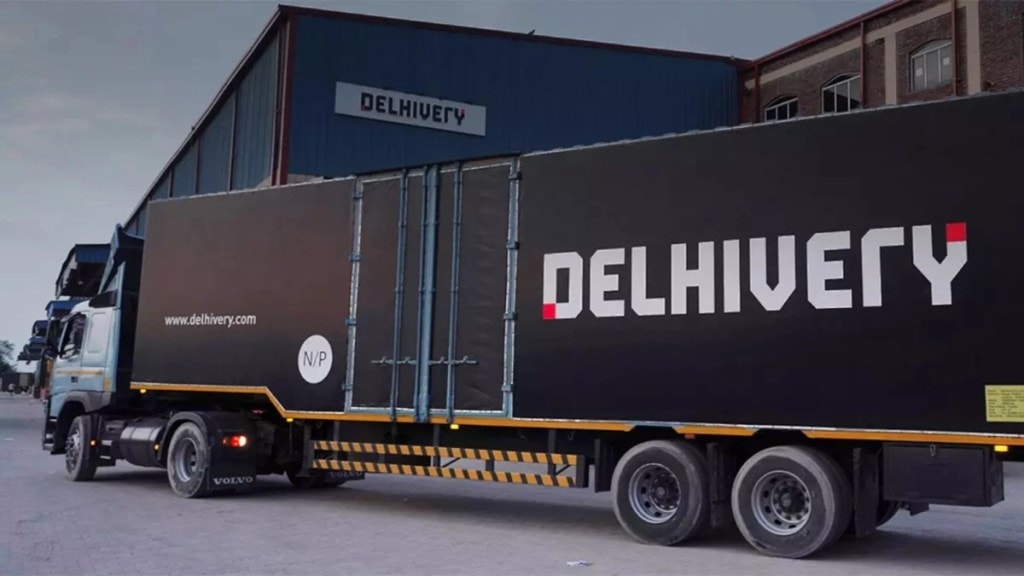Quick commerce platforms are eating into the share of small retailers or kirana shops rather than large e-commerce players, said Sahil Barua, CEO of logistics firm Delhivery, at a post-earnings call on Friday. A large chunk of Delhivery’s revenue — 62% in FY24 — comes from express parcels shipments largely by e-commerce firms.
“This isn’t necessarily the most popular opinion but the reality is that q-comm is impacting kiranas and the impact on e-commerce is not as large as its impact broadly on the larger retail ecosystem,” said Barua, who also serves as an independent director on the board of Swiggy, which runs q-comm platform Instamart.
Barua’s comments comes days after the release of a white paper by the Confederation of All India Traders (CAIT), which alleged that q-comm platforms misuse FDI to dominate supply chains, control inventory, offer deep discounts on prices and cover their operational losses. These tactics are creating an unfair environment for kiranas. CAIT claims these platforms are backed by over Rs 54,000 crore in FDI.
Barua further added that while there will be a marginal impact on e-commerce in categories such as beauty and personal care, the fundamental SKUs remain different, to a large extent, across the broader world of e-commerce and quick commerce. “When somebody’s buying vegetables or fruits online using a q-comm app, that’s not something they’re buying on Flipkart or Amazon or Meesho,” he explained.
Barua’s comments come in contrast to the view of Albinder Dhindsa, CEO of Blinkit, the country’s leading q-comm platform. In an analyst call in August, Dhindsa had pointed to customers shifting to q-comm apps from e-comm platforms for their non-grocery needs, which does not necessarily impact kiranas.
“We know that we are not taking share away from kiranas. The advent of q-comm has made people want things faster, leading to a direct share shift of a number of non-grocery use cases to q-comm, where users were primarily reliant on e-comm for these products,” Dhindsa had said.
According to a recent report by Datum Intelligence, the q-comm market is projected to capture about $1.28 billion of kirana sales by end of this year, accounting for 21% of the total sales on these platforms. It added that 46% of its respondents report reduced spending at kirana shops, indicating a shift in customer behavior towards q-comm platforms.
Meanwhile, Barua said Delhivery is in the process of piloting the launch of its third-party q-comm service in Bengaluru, with one of its key BPC partners, where it will not only service q-comm needs, but also the overall logistics requirements across India.

